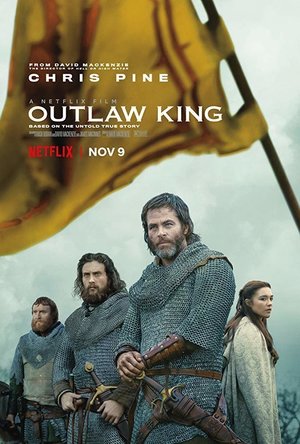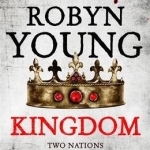
Kingdom
Book
First published on the 700th anniversary of the pivotal event in Scottish history, the epic story of...
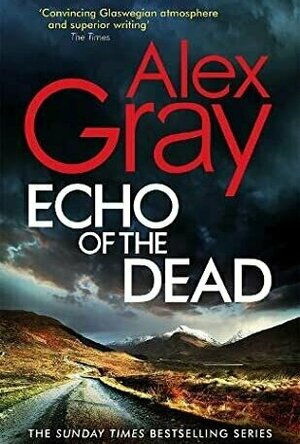
Echo of the Dead (DSI William Lorimer #19)
Book
After a stressful winter, DSI William Lorimer is enjoying some time away from Glasgow. He and his...

Complete Masonic Library
Book and Reference
App
This rare collection of 20 books is a must have for any Freemason or for those interested in...
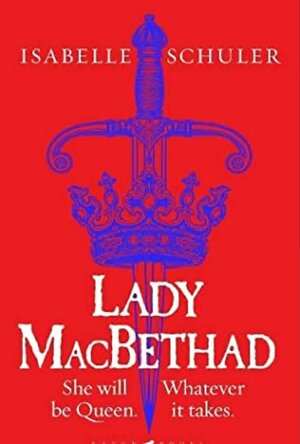
Lady MacBethad
Book
Power. History. Love. Hate. Vengeance. She will be Queen. Whatever it takes... Daughter of an...
Historical fiction Scotland Alba Macbeth
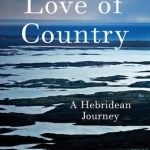
Love of Country: A Hebridean Journey
Book
Few landscapes are as iconic as the islands off the north-western Scottish coast. On the outer edge...
Kelly (279 KP) rated Outlaw King (2018) in Movies
Dec 16, 2018
The writers of the outlaw king had a clear passion to retell the story of Robert Bruce and his fight to regain the Scottish crown from the English in the early Plantagenet period. To the best of my knowledge, the story was told as accurately as possible, however this did mean that there were a lot of scenes centred around the politics of Roberts plight. The slower scenes were unbalanced with the battle scenes which meant that the pace of the story dipped many times during the film - I have to confess it took me three attempts to watch it in full as a result of this.
As the writers tried to cram too much into such a short film, I found that the movie had a bit of an identity crisis - was this an action, romance or political film? Had the writers focused on just one area, I believe the movie would have been a lot more watchable, instead the movie felt overloaded.
The acting in general was okay, and reasonably well cast, except for the relationship between Robert Bruce and his wife. I struggled to believe the romance between the two actors. Although this is ultimately my opinion, I struggled to believe that what was ultimately an arranged marriage between the two, could rest in the two characters falling for each other as quickly as the film portrayed.
In general, the film is watchable, although it is not one I would go to as a first choice. There are some good parts of the film, for example the relationship between Robert and his men, and the final battle scene. The film also teaches us about part of Scottish history that tends to be overlooked by many schools during history lessons.
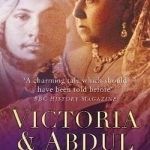
Victoria & Abdul: The True Story of the Queen's Closest Confidant
Book
The tall, handsome Abdul Karim was just twenty-four years old when he arrived in England from Agra...

Scotland the Text: You Can Take My Phone, but You'll Never Take My Freedom!
Book
Nowadays, it can be hard to imagine what life was like with no mobile phones. Looking back, we can...
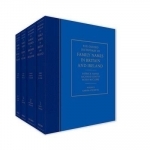
The Oxford Dictionary of Family Names in Britain and Ireland
Patrick Hanks, Richard Coates and Peter McClure
Book
Containing entries for more than 45,000 English, Scottish, Welsh, Irish, Cornish, and immigrant...
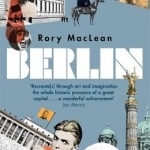
Berlin: City of Imagination
Book
The first single-volume biography of Berlin, one of the world's great cities - told via twenty-one...
